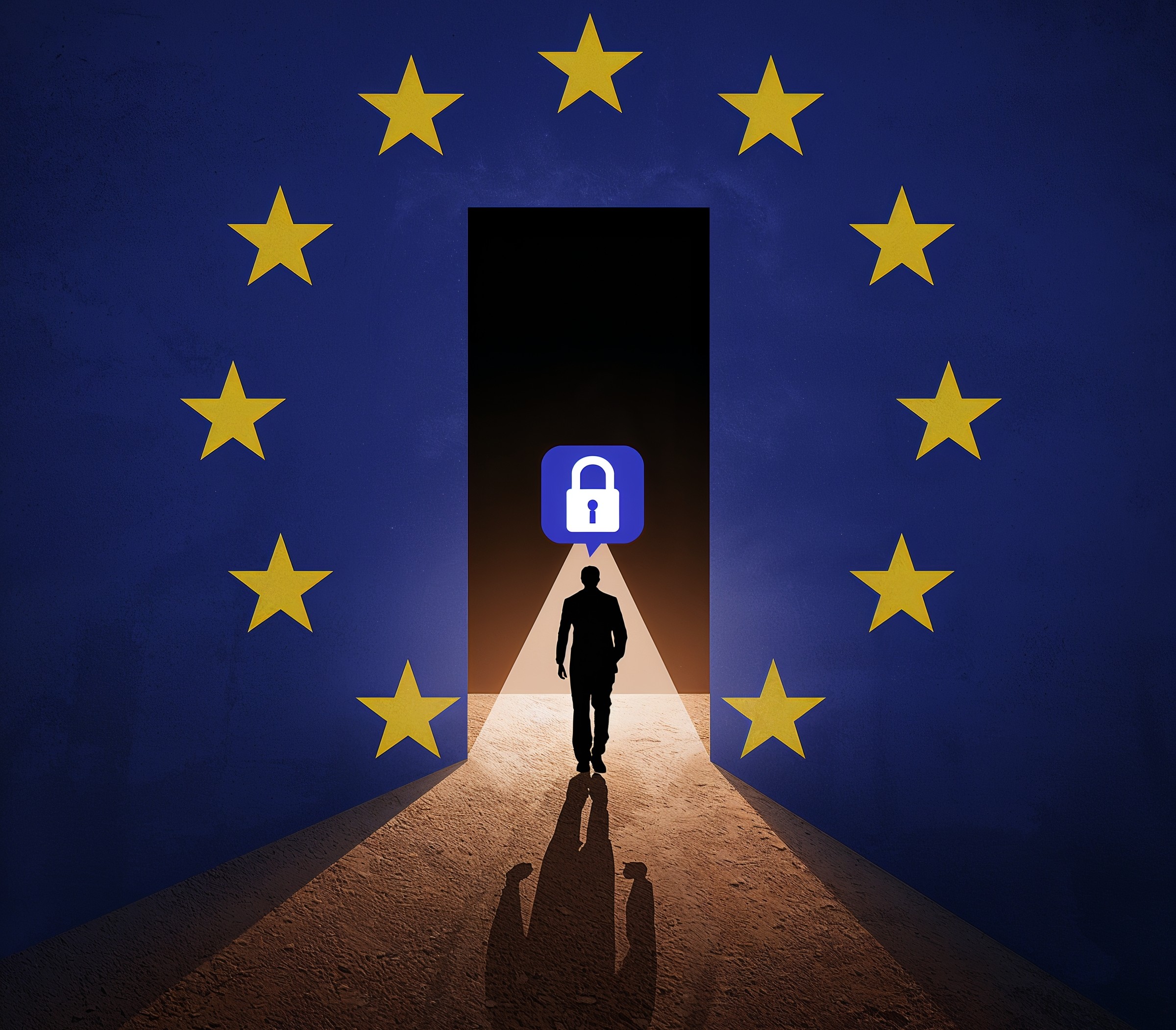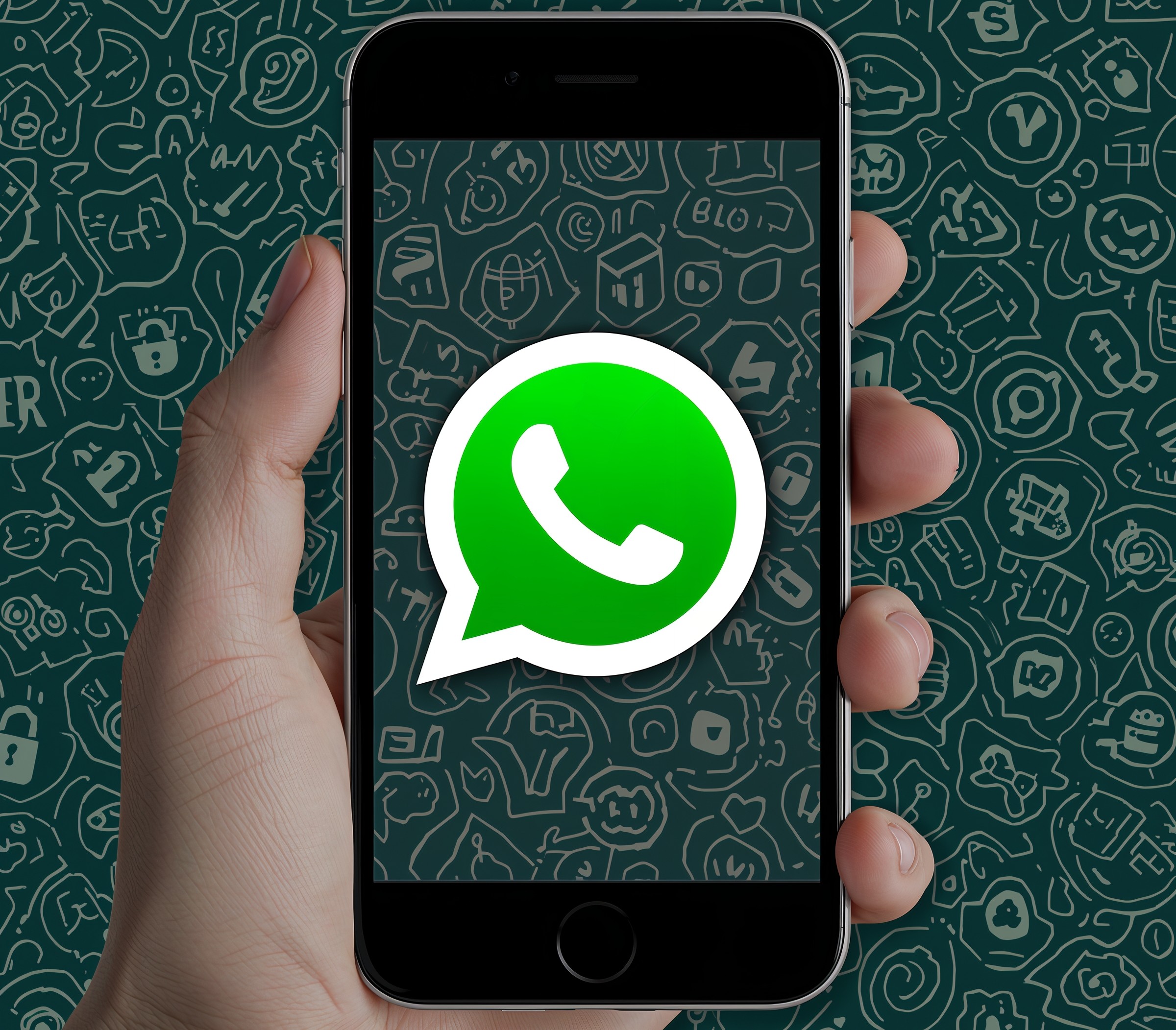Encrypted messaging service Signal has warned it may leave the European Union if lawmakers approve the controversial Chat Control regulation.
The proposal would require platforms to scan private messages for harmful content, including child sexual abuse material (CSAM). Signal argues this mandate would effectively break end-to-end encryption and expose users to surveillance.
What Chat Control Would Do
The EU presents Chat Control as a child protection law. If passed, providers like Signal, WhatsApp, and Telegram would have to:
-
Scan encrypted messages on the user’s device
-
Flag suspicious text, images, or files
-
Report data directly to authorities
Critics argue this amounts to generalized surveillance of private conversations. They warn that once such systems exist, they could be repurposed for broader monitoring.
Privacy Over Compliance
Signal CEO Meredith Whittaker made the company’s position clear: if forced to weaken encryption, Signal will withdraw from the EU market.
Whittaker emphasized that any backdoor is a permanent risk. Once built, it could be abused by authoritarian governments, criminal groups, or malicious insiders. Signal insists that secure messaging must remain uncompromised, even if that means losing access to European users.
Growing Industry Pushback
Signal is not the only provider opposing Chat Control. WhatsApp has also stated it may exit the EU if the law passes in its current form.
Digital rights advocates, cybersecurity researchers, and privacy watchdogs across Europe share the same concern: scanning technology cannot coexist with true encryption.
EU lawmakers remain divided. Some see the measure as essential for online child protection, while others argue it risks eroding civil liberties and digital security for millions.
If Signal and other services leave the European market, the impact would be significant:
-
Millions of users would lose access to secure messaging tools.
-
Journalists, activists, and NGOs would face greater risks in communication.
-
Businesses relying on encrypted channels could be forced onto less secure platforms.
This scenario would not only affect privacy but could also weaken Europe’s overall cybersecurity posture.
The conflict over Chat Control is a test case for the future of digital privacy in Europe. Signal has made its choice clear: it will not compromise encryption, even at the cost of leaving an entire region.
Lawmakers must now decide whether to prioritize surveillance mandates or preserve secure communication for citizens, businesses, and civil society. The outcome will set a global precedent for how democracies balance child protection and privacy in the digital era.
FAQs
Q: What is the EU’s Chat Control law?
A: It is a proposed regulation that would force apps to scan encrypted messages for illegal content such as child abuse material.
Q: Why is Signal threatening to leave the EU?
A: Signal says the law would require breaking encryption, creating surveillance backdoors that put all users at risk.
Q: Which other apps oppose Chat Control?
A: WhatsApp and several privacy-focused organizations have joined Signal in opposing the bill.
Q: What happens if Signal leaves the EU?
A: Millions of users may lose secure messaging options, pushing them toward less private platforms.










